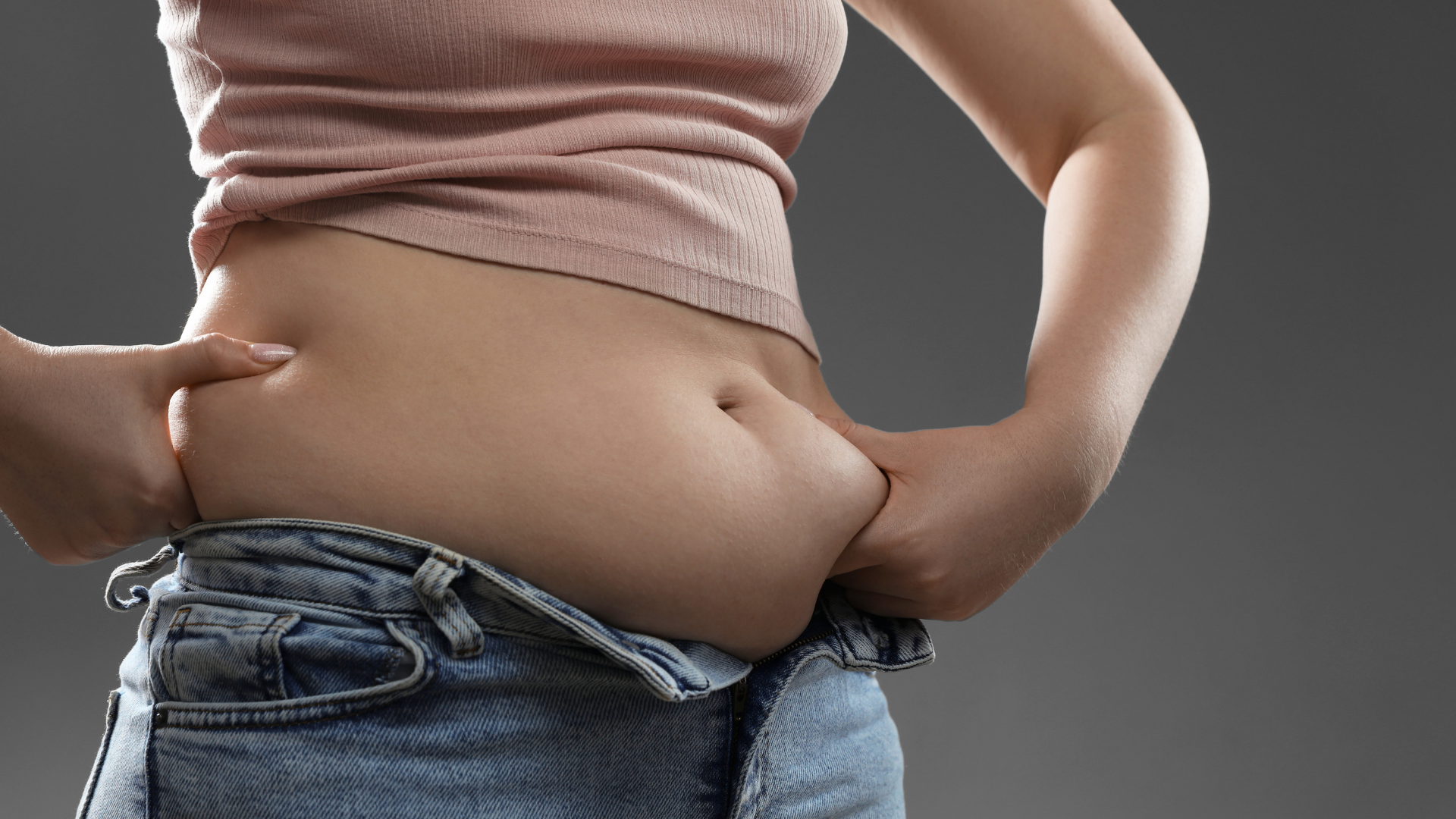Many women experience irregular or varying menstrual flow, and since it often doesn't disrupt daily life, some choose to ignore it. However, if irregular periods come with other symptoms, like weight gain, persistent acne, or increased body hair. It could be PCOS, which may also raise the risk of complications like diabetes, heart disease, or endometrial cancer. It's important not to overlook these warning signs!
PCOS is an endocrine disorder affecting about 1 in 10 women. Normally, women ovulate regularly, but those with PCOS often don't ovulate properly, leading to periods every 60–90 days, or even half year once, with lighter flow lasting about 3 days.
Normally, the ovaries produce both female and male hormones, but in PCOS, the ovaries make too much androgen (male hormone), causing hormonal imbalance and abnormal ovarian function.

Most women with PCOS have insulin resistance, meaning their bodies don't respond well to insulin. This causes the ovaries to produce more androgens, leading to weight gain—a vicious cycle as obesity further increases insulin levels.

High androgen levels cause acne on the face, back, chest, arms, and legs, and lead to excess hair on the face, chest, abdomen, breasts, and back.

Because ovulation is abnormal, the brain can't provide signal to ovaries to mature and release eggs, making it hard to conceive. Even if pregnancy occurs, high androgen levels can affect egg quality and increase miscarriage risk.

Long time lack of ovulation leads to irregular or absent periods, so the uterine lining doesn't shed as it should, increasing the risk of endometrial hyperplasia and even cancer.
If you suspect PCOS, you can get blood tests to check blood sugar, insulin, and hormone levels, as well as a pelvic ultrasound to look for ovarian cysts or other conditions like uterine fibroids, endometriosis, or cancer.

Updated: 2025-07
Please note that all medical health articles featured on our website have been reviewed by Chiron Medical doctors. The articles are for general information only and are not medical opinions nor should the contents be used to replace the need for personal consultation with a qualified health professional on the reader's medical condition.